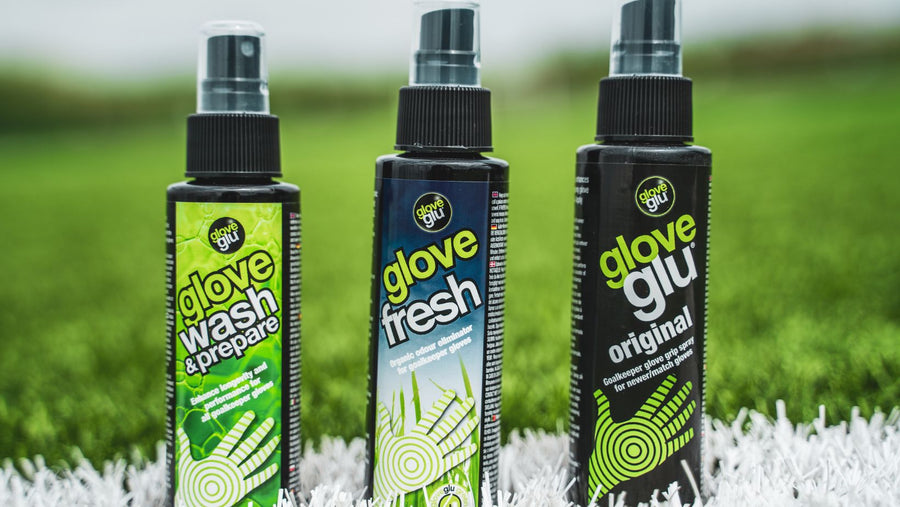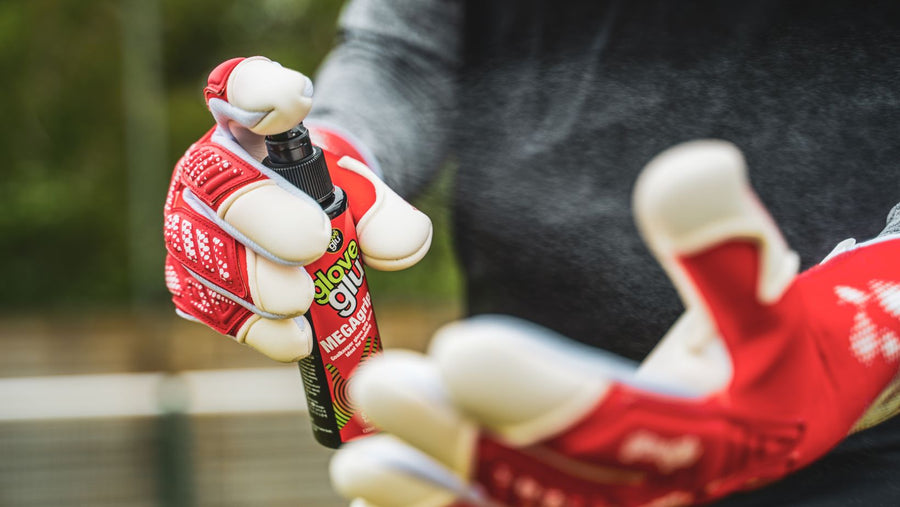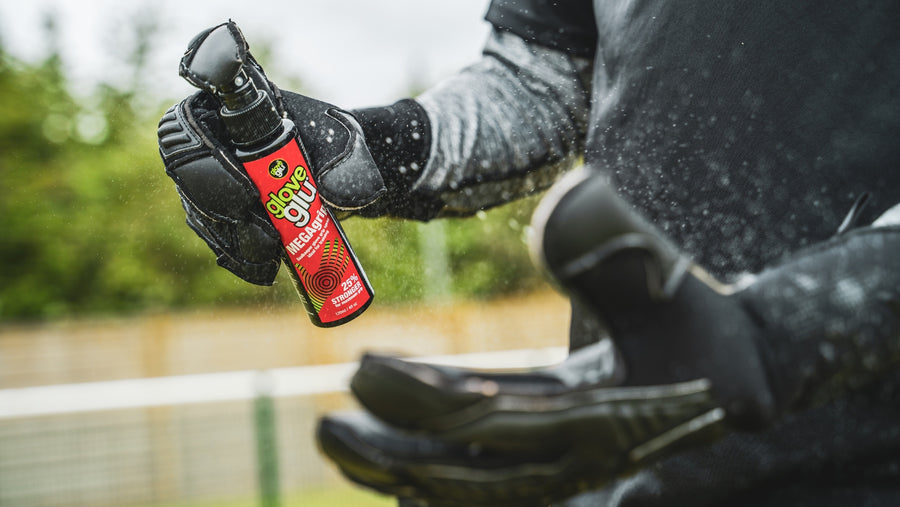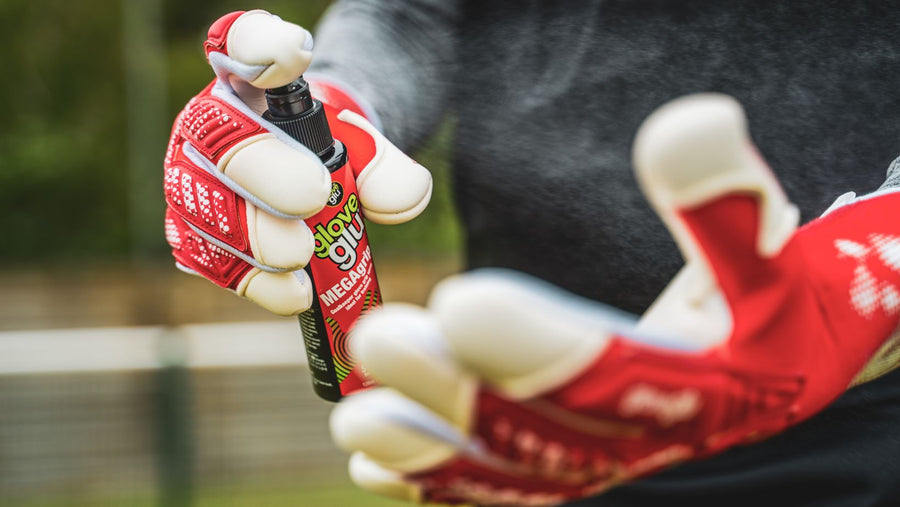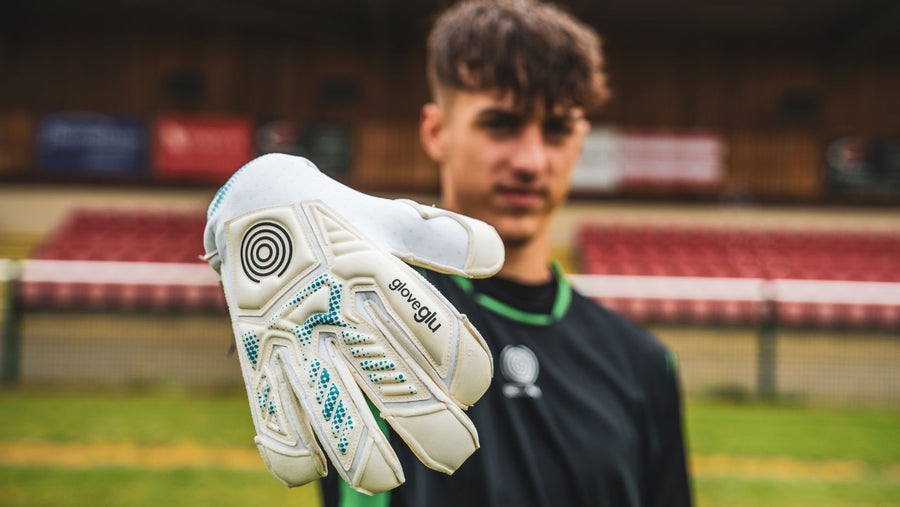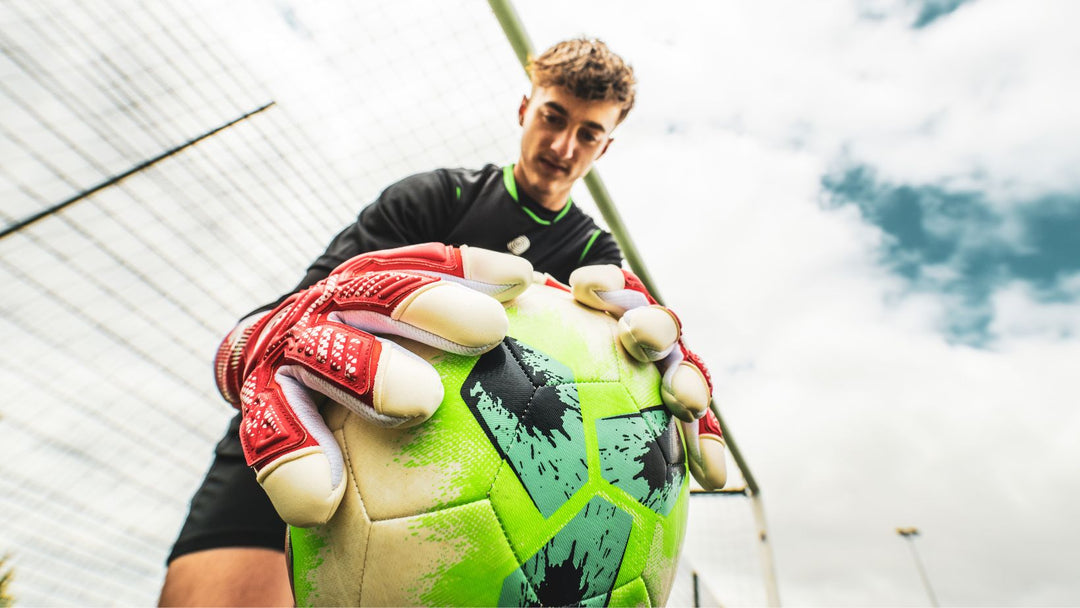Nutrition Considerations For Goalkeepers
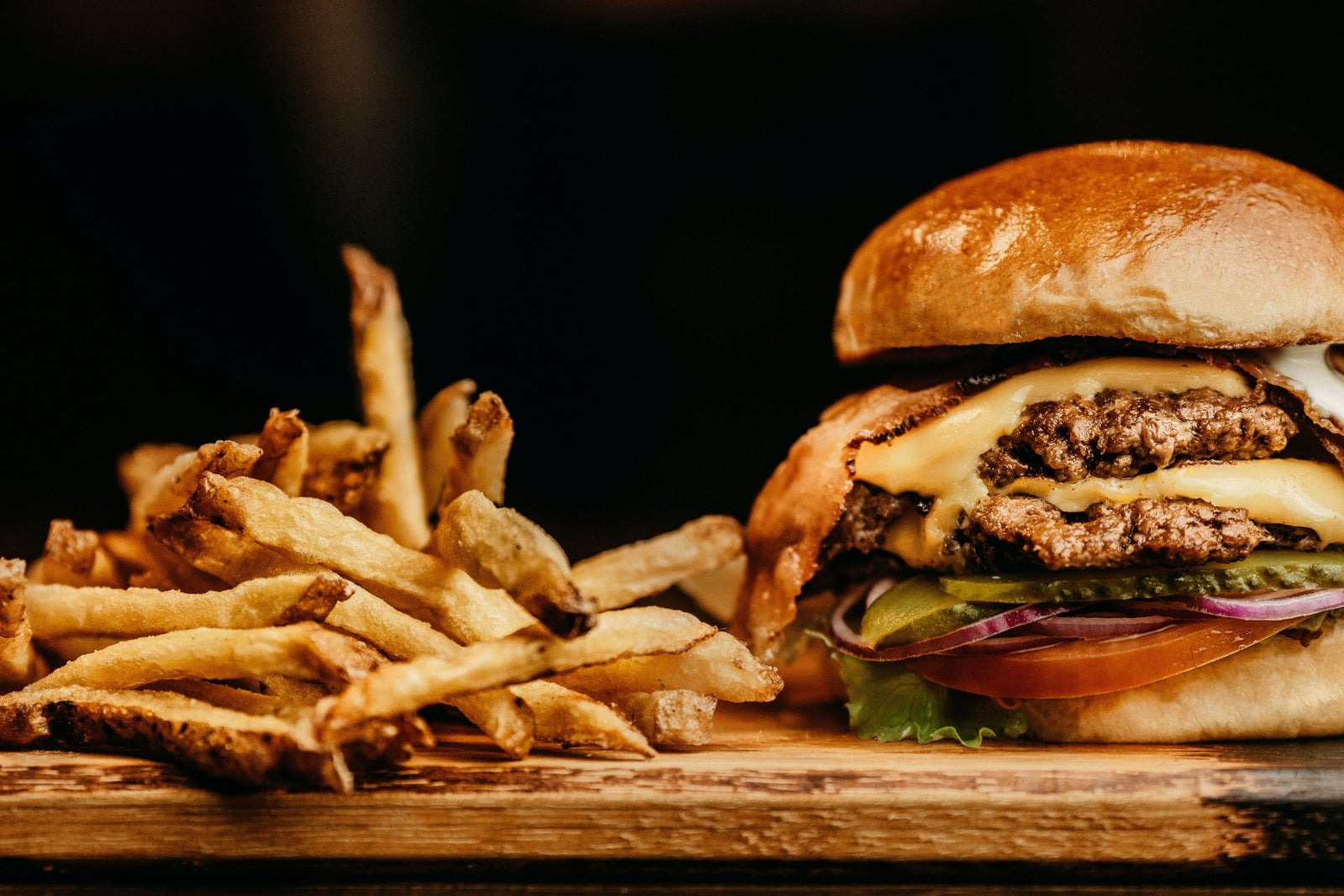
Goalkeepers represent a unique position in football that often demonstrates distinct physical demands when compared to outfield players.
Especially on match days, these demands are very apparent, with elite goalkeepers covering just ~50% of the total distance relative to their teammates.
Not only this, but the frequency of intensive actions performed within this distance is far less than outfield players.
Goalkeepers, on average, are only required to perform 2-10 saves per match-which often involve brief explosive actions such as diving, jumping and accelerating – despite the vital importance of these brief periods.
As the energy requirements for the match are relatively low, goalkeepers will also rarely suffer between-half performance decrements that is common with all other positions.
More to this point, when 62 goalkeepers in the English Premier League were monitored over 100 matches, it was found that 93% of the total distance covered was from either walking or jogging.
In fact, the average time per game spent running at a high-speed was just 67 meters, which conveys the stark differences to other positions.
Considering this, experts in the field of sport nutrition have clearly stated that the energy intake required for goalkeepers to perform to their best in a match, specifically from carbohydrates which fuel high-intensity activity, is vastly lower than outfield players.
Whereas outfield players will look towards increasing their carbohydrate intake towards 8-10 grams of carbohydrates in the 24-hour period before matches, high-level goalkeepers in the Premier League and Spanish First Division are only reported to consume ~3.5-4 grams per kg bodyweight.
Importantly, although this is the current practice of high-level goalkeepers, there is no actual supporting evidence to suggest that this is an “optimal” universal recommendation.
However, based on the knowledge of physical demands during match days, the current consensus from sport scientists is that there is no apparent need for goalkeepers to consume above or below the range of 3.5-4 grams of carbohydrates per kg bodyweight.
This would require the average 70-85kg goalkeeper to consume approximately 250-350 grams of carbohydrates in the 24 hour period before agame – nothing too drastic from the average athletes current dietary practices.
But what about training?
The differences in physical demands are less obvious during training periods, as goalkeepers will be required to undertake similar intensive exercise programmes to outfield players, to similarly achieve optimal body composition and physiological improvements.
This being said, there are still notable differences that will change the nutritional recommendations for goalkeepers during training. For example, the total distances covered by goalkeepers during training is ~3km, considerably lower than that typically observed (5-7 km) in outfield players.
This reduction in training load may be due to some isolation of goalkeepers training that involves limited areas of the pitch (focusing on position specific attributes), with limited involvement in outfield player drills.
As such, the daily energy expenditure of an elite Premier League goalkeeper, for example, is ~2900 kcal per day, compared to ~3500 kcal per day for team mates in the same week of training.
This suggests that the energetic demands and nutritional requirements of elite goalkeepers are not readily comparable in training and matches.
Even with such data, it is difficult to ascertain how this will impact nutritional strategies adopted by goalkeepers to fuel optimal training performance, but clearly the caloric and carbohydrate demands will be significantly lower than other players.
In general, goalkeepers carbohydrate intake should be between 3-5 grams per kg bodyweight on training days – similar to match days as previously mentioned. Precise recommendations may require training analysis from an appropriate sport scientist to provide more personalised advice.
Protein and fat intake recommendations remain the same for goalkeepers compared to other positions.
References
- Ziv G, et al. 2011. Physical characteristics, physiologicalattributes, and on-field performances of soccer goalkeepers. International Journalof Sports Physiology and Performance.
- Bradley PS, et al. 2010. High-intensity activity profiles ofelite soccer players at different performance levels. Journal of Strength and ConditioningResearch.
- Di Salvo V, at al. 2008. Activity profiles of elitegoalkeepers during football match-play. Journal of Sports Medicine and PhysicalFitness.
- White A, et al. 2018. Match-Play and Performance TestResponses of Soccer Goalkeepers: A Review of Current Literature. SportsMedicine.
- Malone JJ, et al. 2018. Seasonal training load and wellnessmonitoring in a professional soccer goalkeeper. International Journal of SportsPhysiology and Performance.
- Anderson L, et al. 2015. Quantification of training loadduring one-, two- and three-game week schedules in professional soccer playersfrom the English Premier League: implications for carbohydrate periodization. Journalof Sports Science.
- Iglesias-Gutiérrez E, et al. 2012. Is there a relationshipbetween the playing position of soccer players and their food and macronutrientintake?. Applied Physiology and Nutrition Metabolism.
Copyright; Shaun – Football Nutritionist – Matchfit Conditioning
